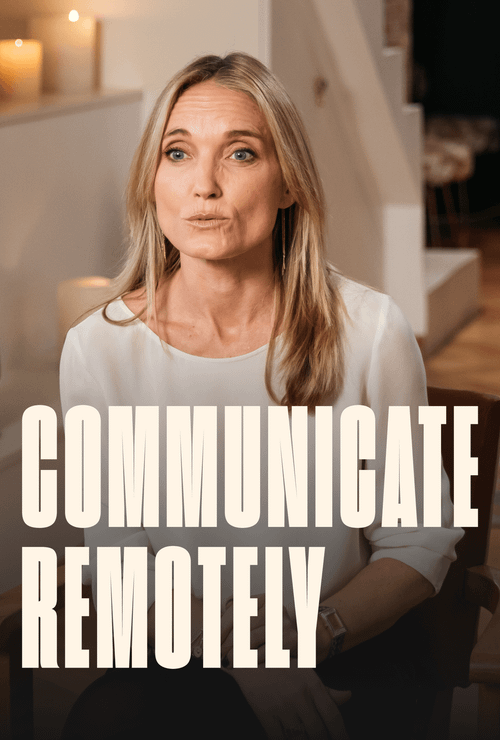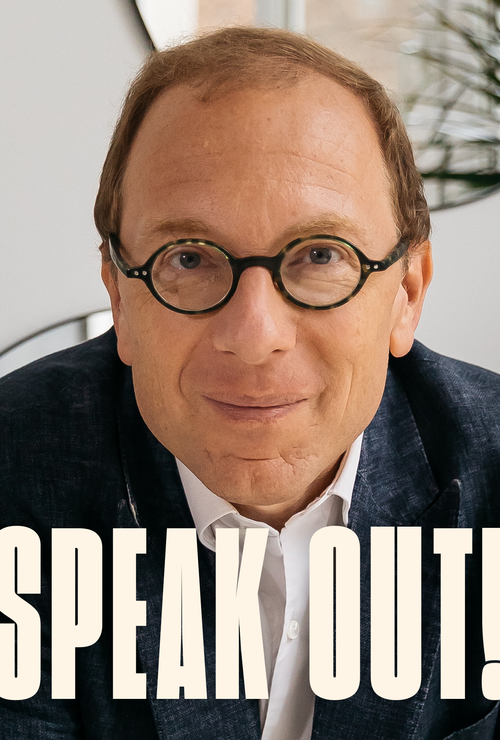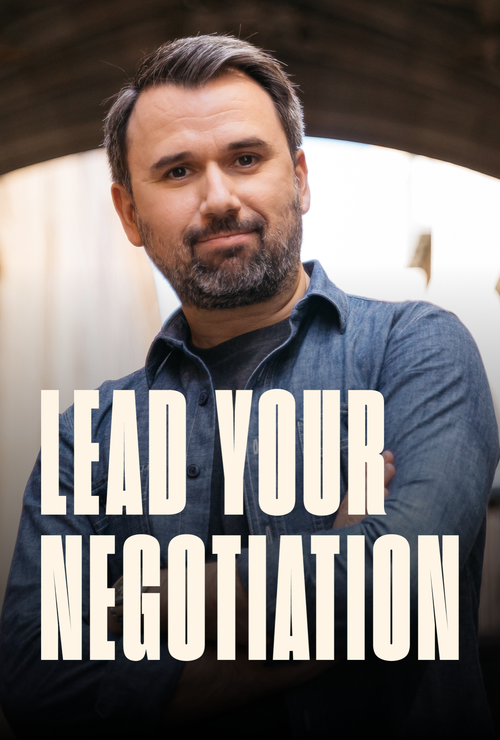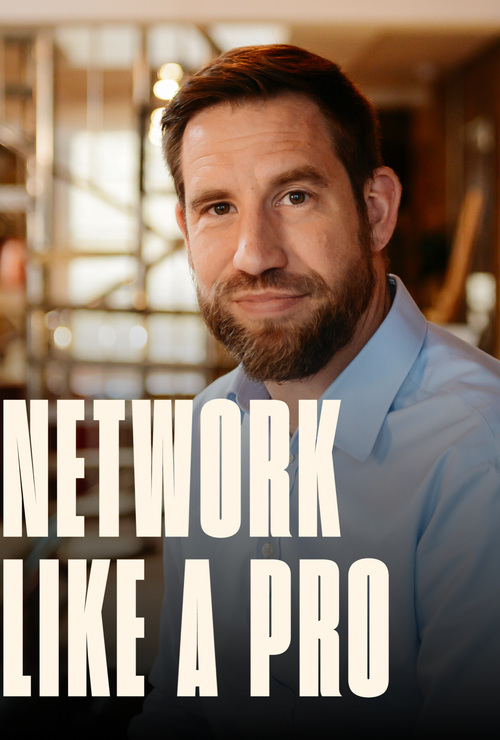La gorge serrée, la moutarde au nez, les yeux humides : les émotions sont humaines et pourtant mal perçues dans le monde du travail. Aurélie Jeantet, sociologue et maître de conférences à la Sorbonne, vous aide dans ce challenge à réhabiliter les émotions dans la sphère professionnelle, afin de travailler avec elles et non plus contre elles.
10 lessons
Challenges
Challenge is a professional Bootcamp to get you at the top of your game. We’ve chosen these speakers carefully, so you have no excuses when it comes to giving your career a boost. Get new episodes aimed at coaching you on a specific theme such as stress management, productivity, remote working, or public speaking.
New challenges to discover!
Start a challenge
Complete the challenge to develop new skills
Put the advices into your daily life!
Lessons
10 lessons

Accept your emotions
What is an emotion? Contrary to popular belief, emotions aren’t just the domain of fragile egos or highly sensitive personalities. They’re everywhere around us, all the time—and instead of masking them or fighting them like they’re out to betray us, we can make the most of them through acceptance.
Lesson 1 • 5mn
A social construct
Our upbringing plays a big role in how we perceive emotions. While we learn which emotion is appropriate in a given situation, we’re also made to believe that emotions directly oppose reason. So how can we get reason and emotion to work together?
Lesson 2 • 5mn
Emotional detachment
After years of fighting our emotions to better fit in at work, many of us have adopted a strategic behavior known as "emotional detachment." The direct result of today's professional model, this response seems to be an ideal solution. But it can also be risky.
Lesson 3 • 5mn
Emotional labor
Emotional labor has gained considerable importance in the world of work, with emotions being evaluated, standardized and even prescribed. Worse yet, certain injunctions are reinforced depending on an employee’s profession, hierarchical level and gender.
Lesson 4 • 5mn
Emotions at work
Some management techniques use emotions to give contradictory orders, which creates an emotional yo-yo where "negative" emotions are off limits and "positive" emotions are manipulated. But before you fall into this trap, remember that no emotion is positive or negative in itself.
Lesson 5 • 5mn
Emotional strength
Human emotions are unexpected, unpredictable, and hard to control by their very nature. Aurélie Jeantet teaches you to see this as an opportunity instead of a problem. Emotions show us who we are and what really matters to us while giving us the strength to express our opinions.
Lesson 6 • 5mn
What emotions can teach us
What if we could learn from our emotions? Emotions are part of human intelligence, driving us to be creative, motivated and dream big. Once we’ve adopted them as learning tools, it’s time to acknowledge the emotions of others and accept them as would our own to create a healthier workplace.
Lesson 7 • 5mn
Emotional connections
The idea that emotions belong to the private sphere is a common myth that needs debunking. Emotions have a binding force that connects us to others and ourselves. When we can accept and share them, emotions can strengthen relationships and foster better communication.
Lesson 8 • 5mn
Collective emotions
When an emotion is expressed within a group setting, it moves from the private to the public sphere and brings many advantages. Groups can serve as a buffer for emotions through techniques such as empathy, humor and reassurance. But to encourage emotional sharing, certain conditions must first be met.
Lesson 9 • 5mn
Work with your emotions
In the final episode, Jeantet explains how you can guide your emotions so that they drive you to dream big and thrive in your career. She encourages you to champion emotions at work by giving them a reputation makeover, an approach that has both personal and collective gains.
Lesson 10 • 5mnMore challenges
A quick movement of the enemy will jeopardize all questions asked five judges

Communicate remotely
Rethink how you communicate and maintain strong relationships in the age of instant messaging.
10 lessons
Speak out!
Strengthen your public speaking skills for improved oral fluency and powers of persuasion.
10 lessons
Lead your negotiation
10 lessons

Network like a pro
Use networking to boost opportunities and expand your circle of professional contacts
10 lessons